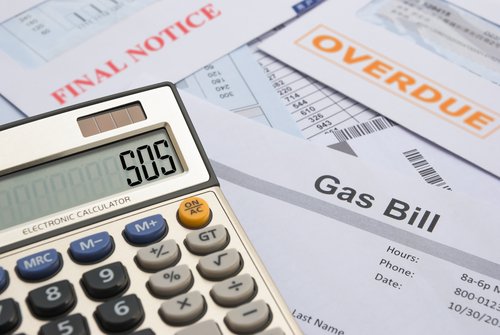Filing for Chapter 13 provides immediate relief from your creditors but is does require some commitment. A Chapter 13 helps change the way you think about and handle money. During Chapter 13, you must dedicate yourself to staying on a budget to repay your debts. Most individuals who go through this type of bankruptcy want to get their life back on solid financial ground and feel the lessons learned are well worth the effort.
How Long Does Chapter 13 Bankruptcy Take?
The length of a Chapter 13 repayment plan is between three to five years. You must file bankruptcy paperwork and a Chapter 13 Plan that outlines how certain types of debts are treated throughout the bankruptcy. Your bankruptcy attorney can advise you how a Chapter 13 Plan can help catch you up on secured claims like houses and cars while forcing unsecured creditors (credit cards, medical bills, repossession balances, etc.) to take what the law says you can afford to pay them, usually cents on the dollar. Everyone is expected to take a credit counseling class to learn how to set up and maintain a budget. Once a case is filed, you start making monthly payments to the Trustee. The Trustee is the one who pays your creditors according to your plan. At the end of your plan, you receive a discharge on any remaining balances of unsecured debts.
What Things Do I Need to Keep Track of for the Repayment Plan?
Keeping organized files is a big help during Chapter 13. You must produce documents (bank statements, tax records, pay stubs) for the Trustee if requested. You also need to stay in communication with your lawyer about any significant changes in your financial life. Promptly open all mail from your attorney, the Court, or the Trustee’s office. Many of these letters are time sensitive.
Will I Start Getting Letters from All My Creditors?
If you receive a letter from a creditor during your bankruptcy, give it to your lawyer. It could be from a creditor who is unaware of your bankruptcy filing or one who is violating the automatic stay. If contacted, provide the following information to them and contact your attorney:
- Your bankruptcy case number
- Date of filing
- Location of court
What if I am Unable to Keep to My Budget?
Things beyond your control will happen, like an illness, a job loss or major car repairs. Even when faced with these unexpected expenses, do not stop your payments or try to take out a loan on the side. Let your attorney know of the situation. He or she may be able to help petition the Court to modify your repayment plan in some cases. They may agree to extend the time you have to repay the debts, approve a new debt like a car loan, or allow you to refinance your mortgage. In some cases, depending on the severity of the changes, your attorney may suggest you convert to Chapter 7.
Sawin & Shea – Indianapolis Bankruptcy Attorneys
Want to know what to expect during Chapter 13 bankruptcy? Get honest answers and advice from the Indiana bankruptcy attorneys at Sawin & Shea. With years of experience representing good people in bad financial situations, we will explain what is involved. Please do not hesitate to call us today at 317-759-1483 or send an email for a free consultation. We are ready to help.



